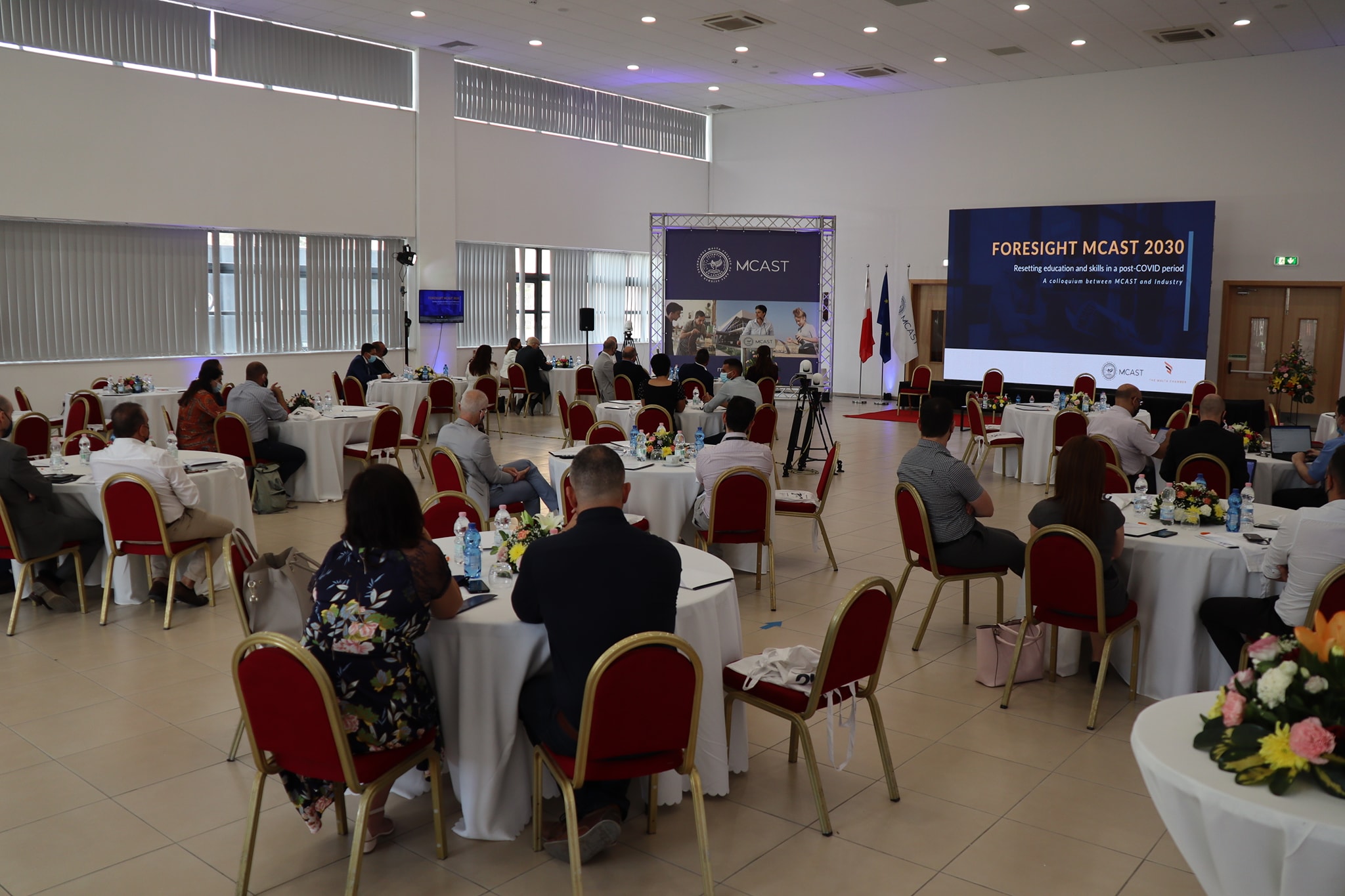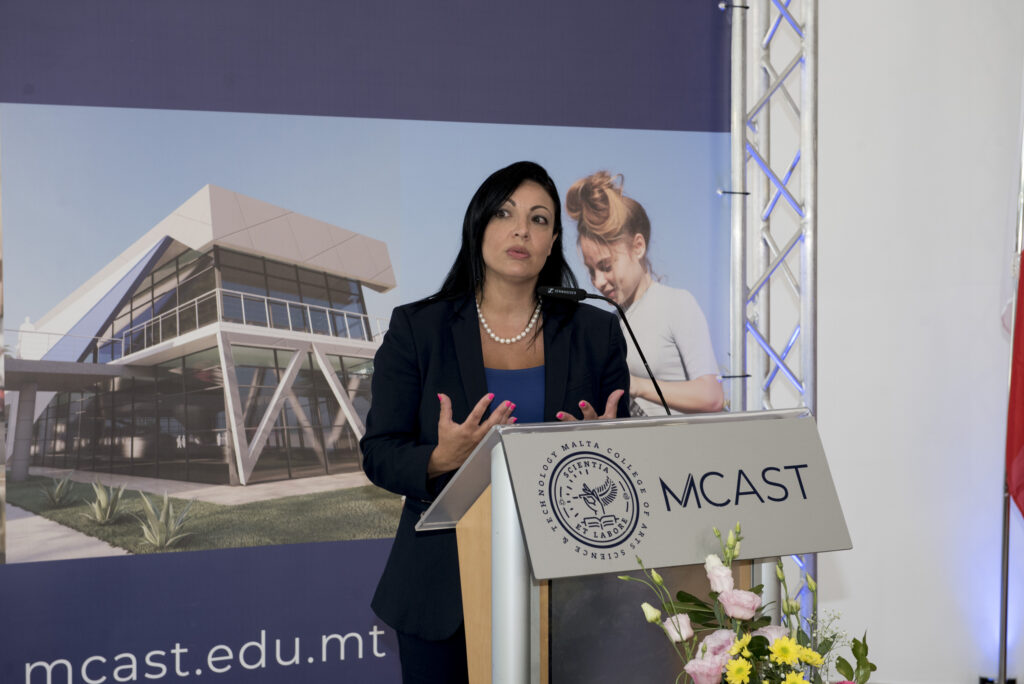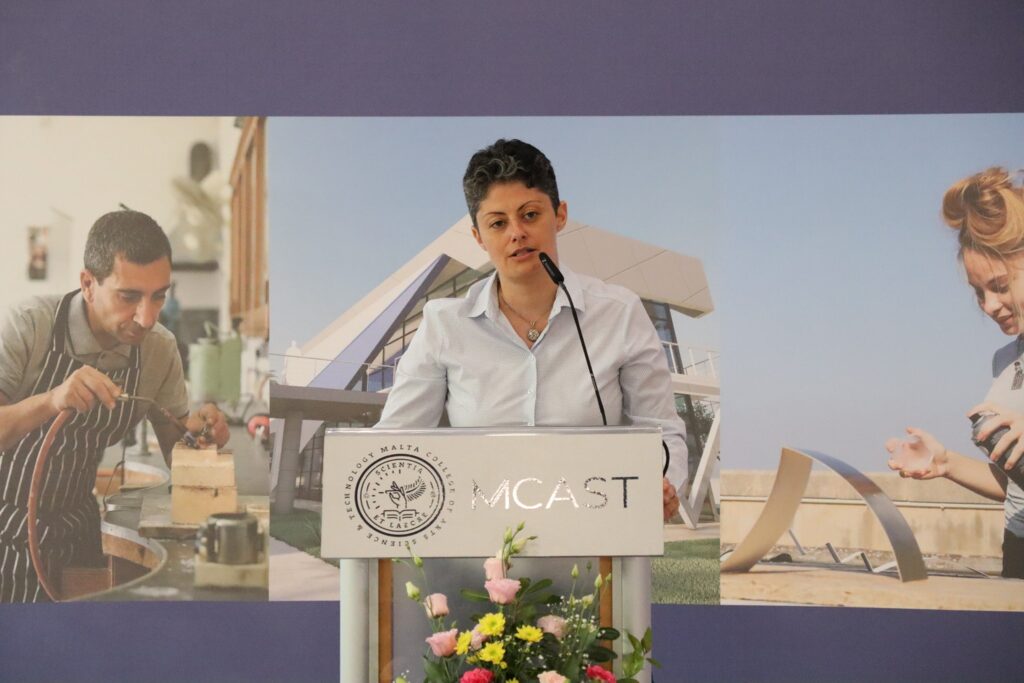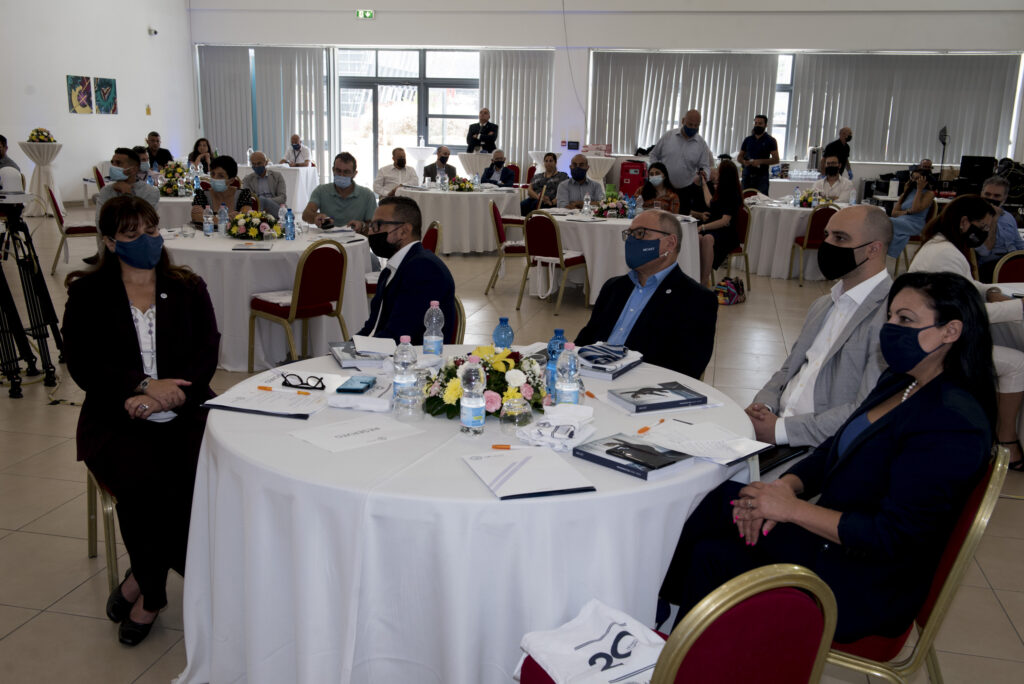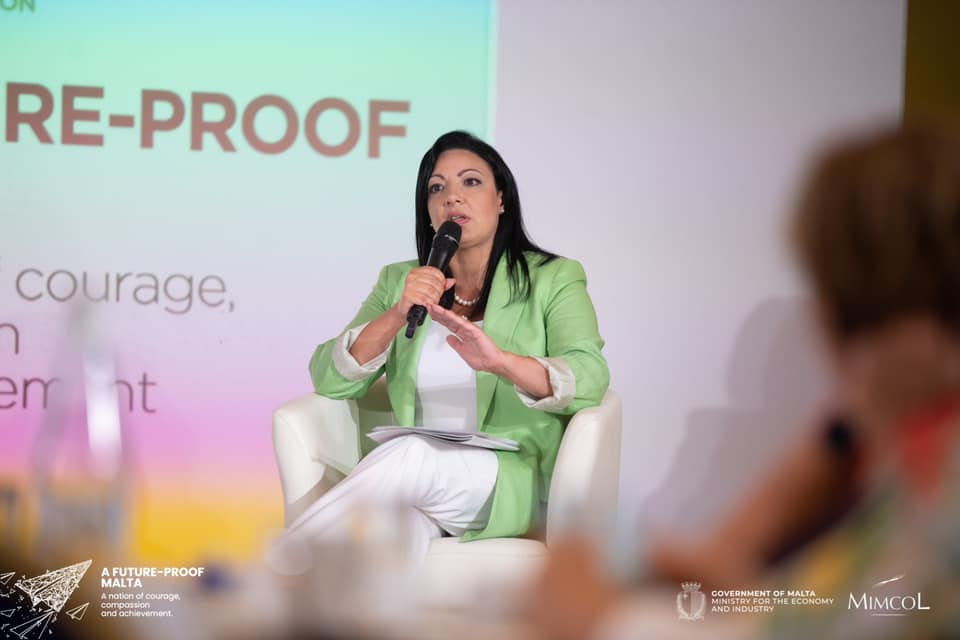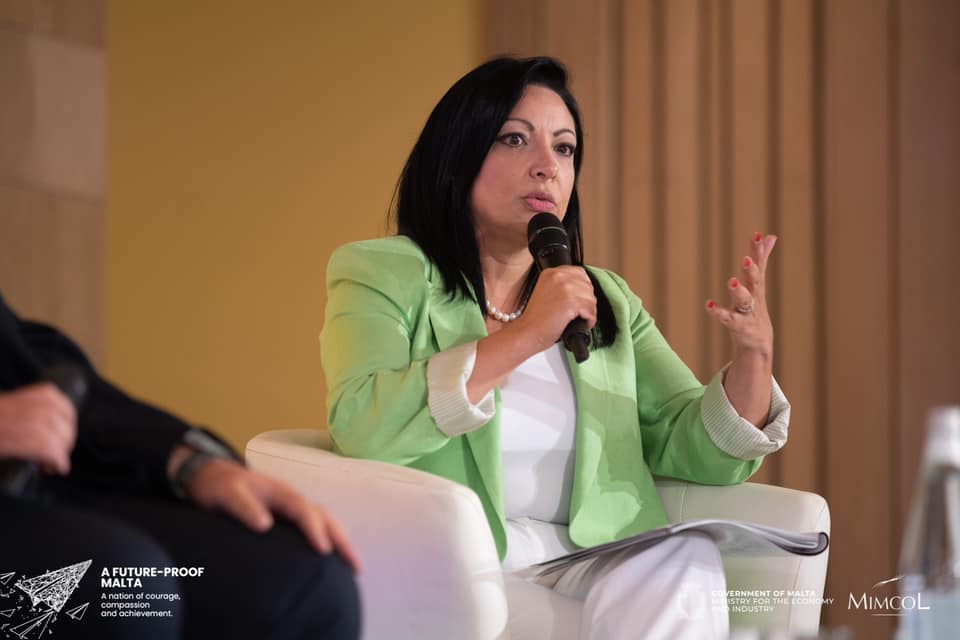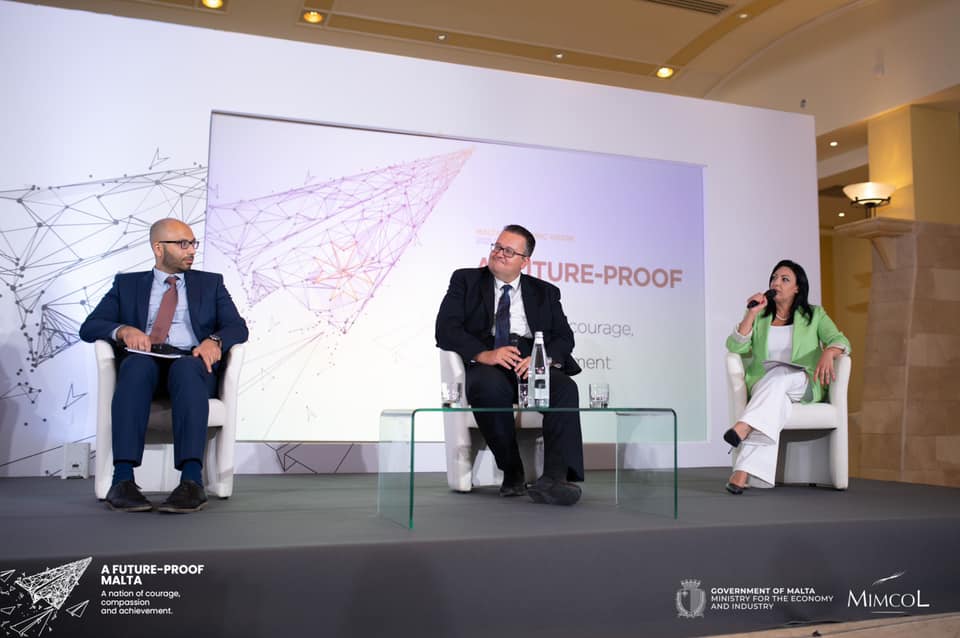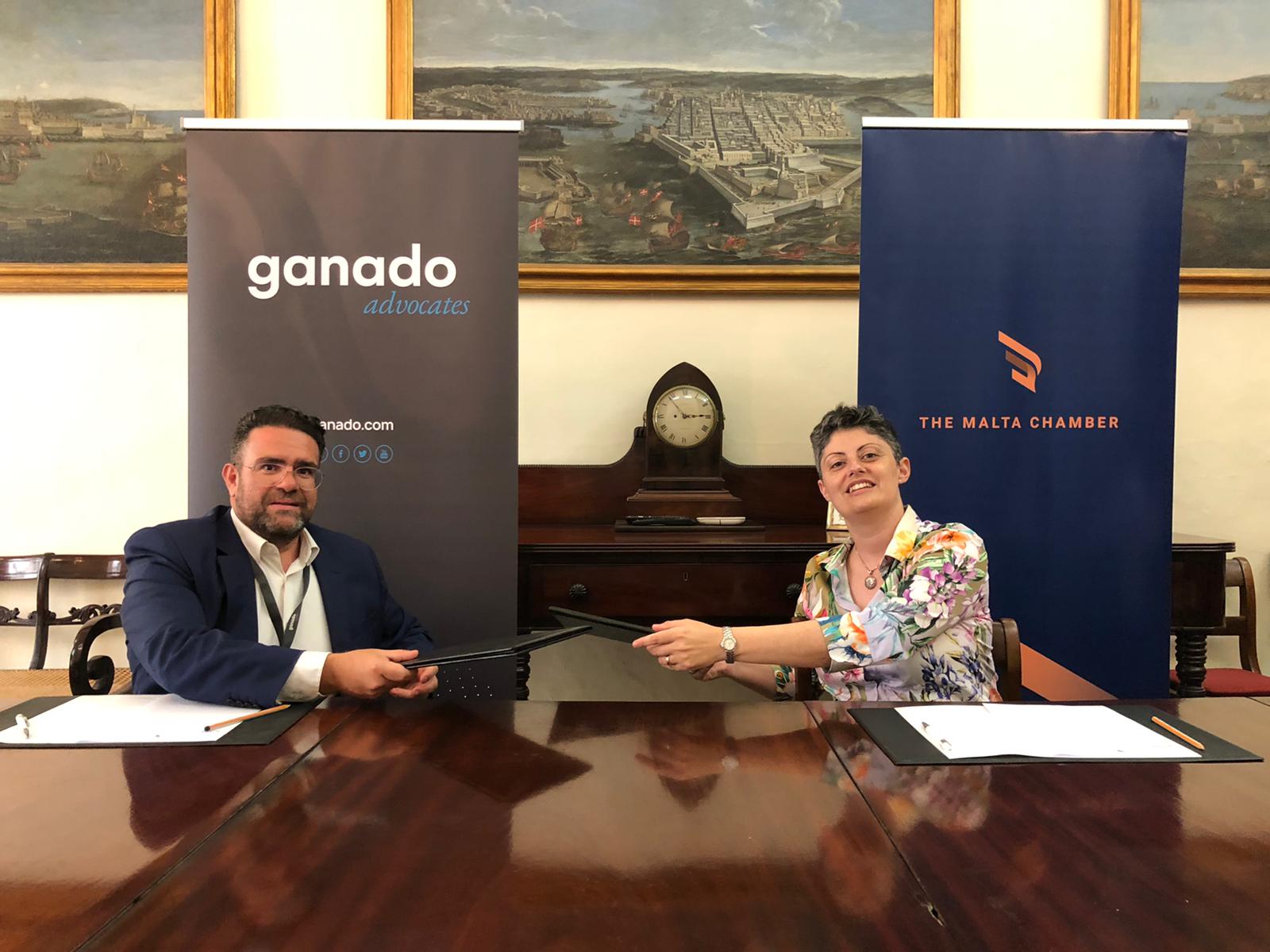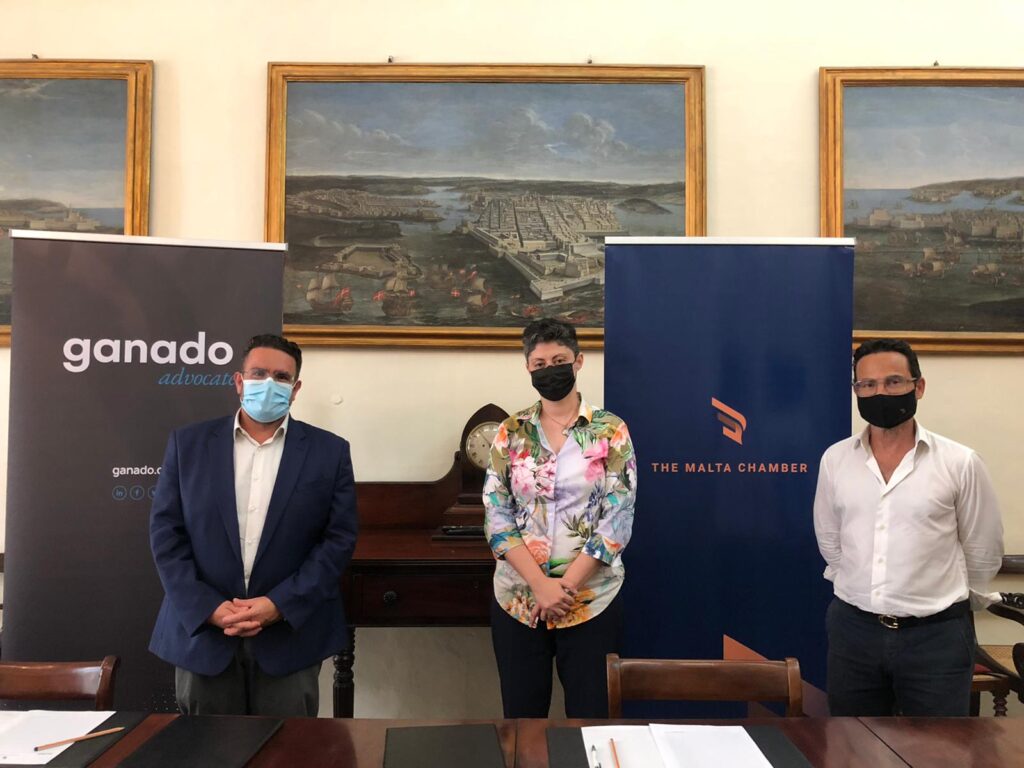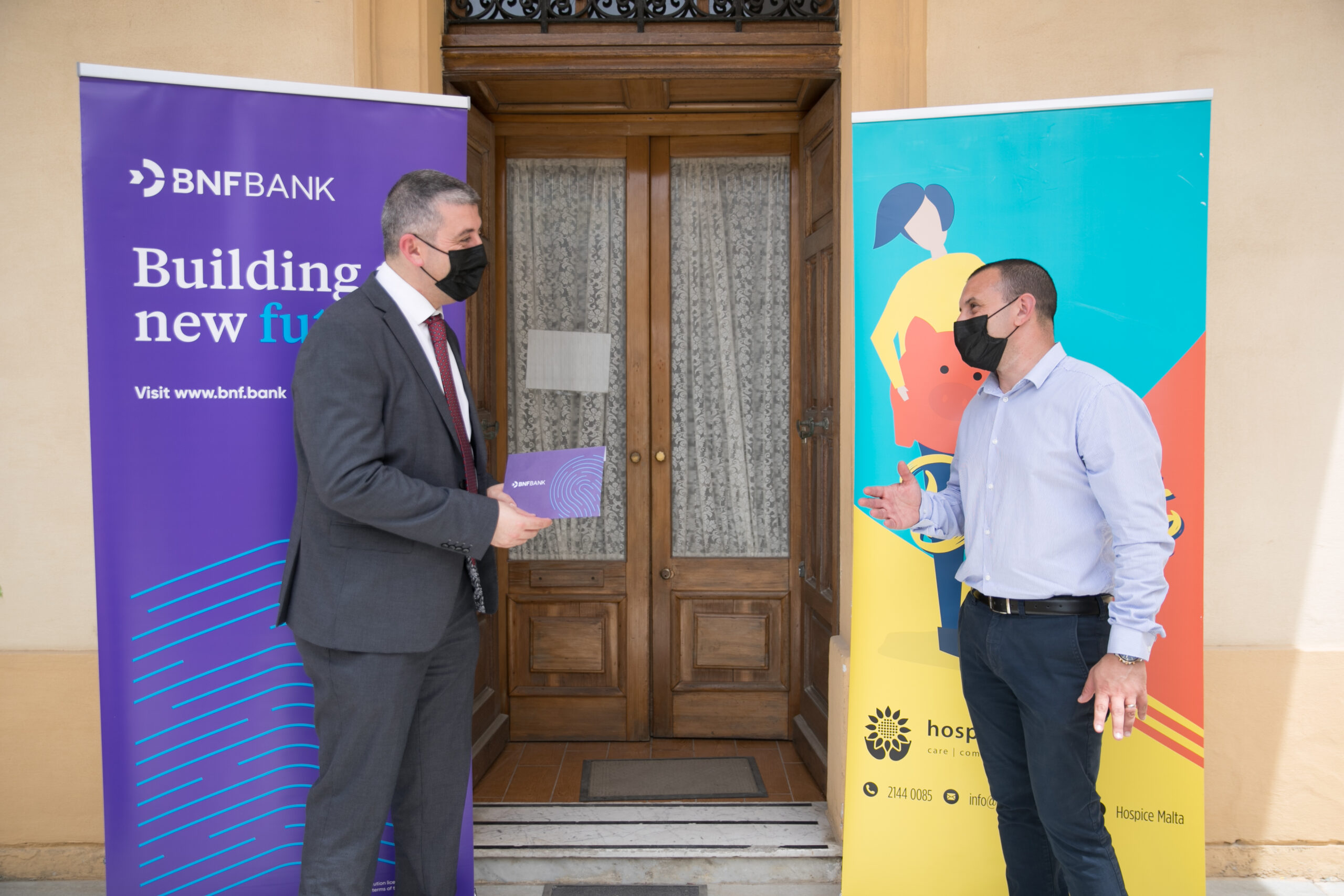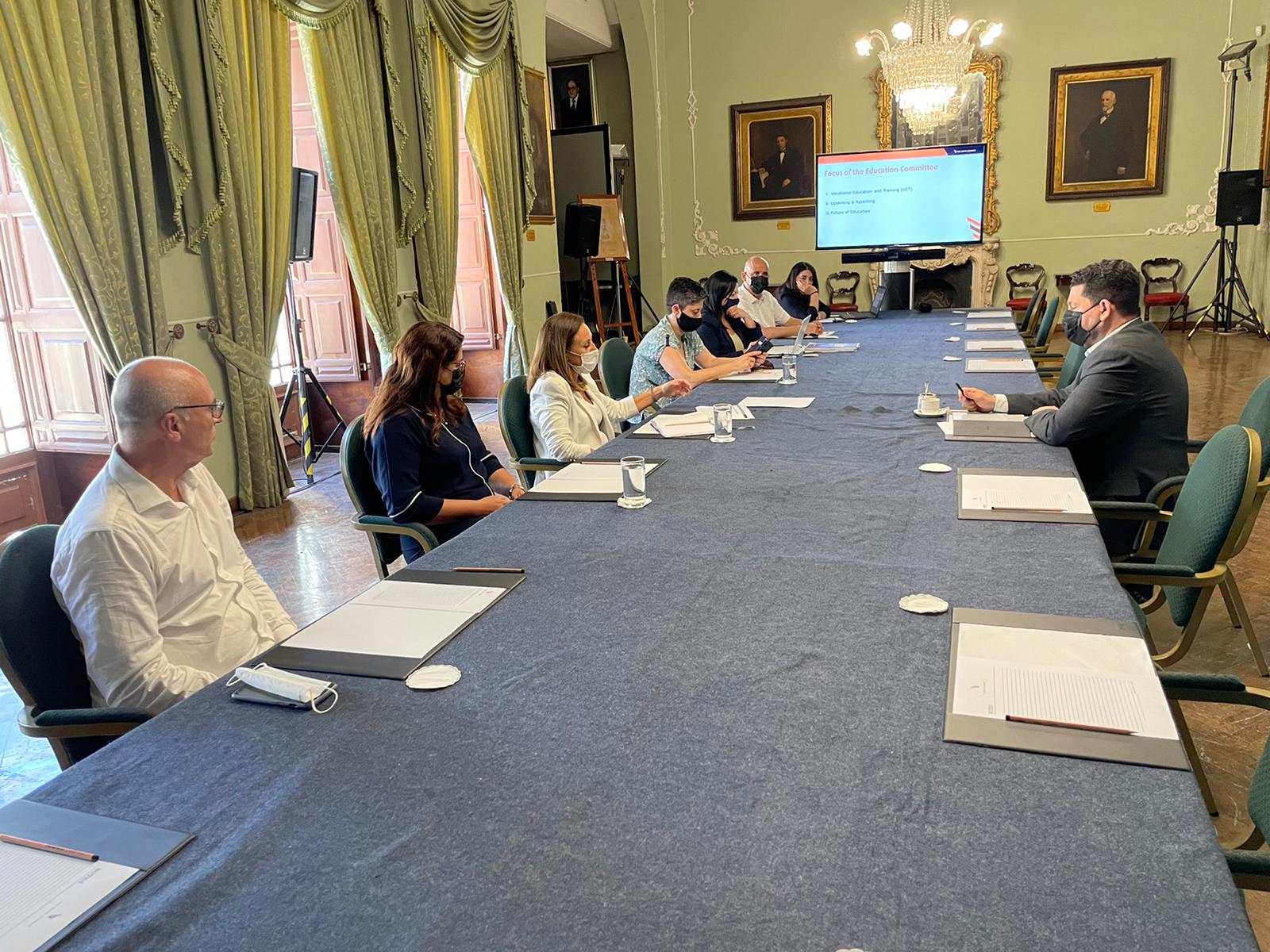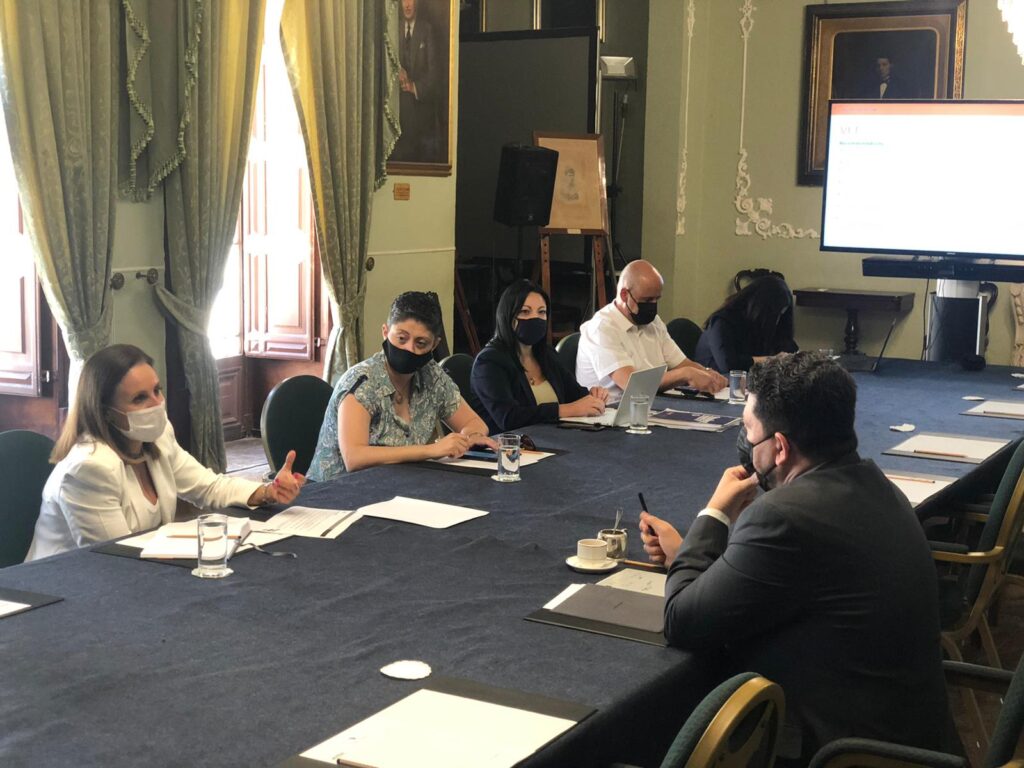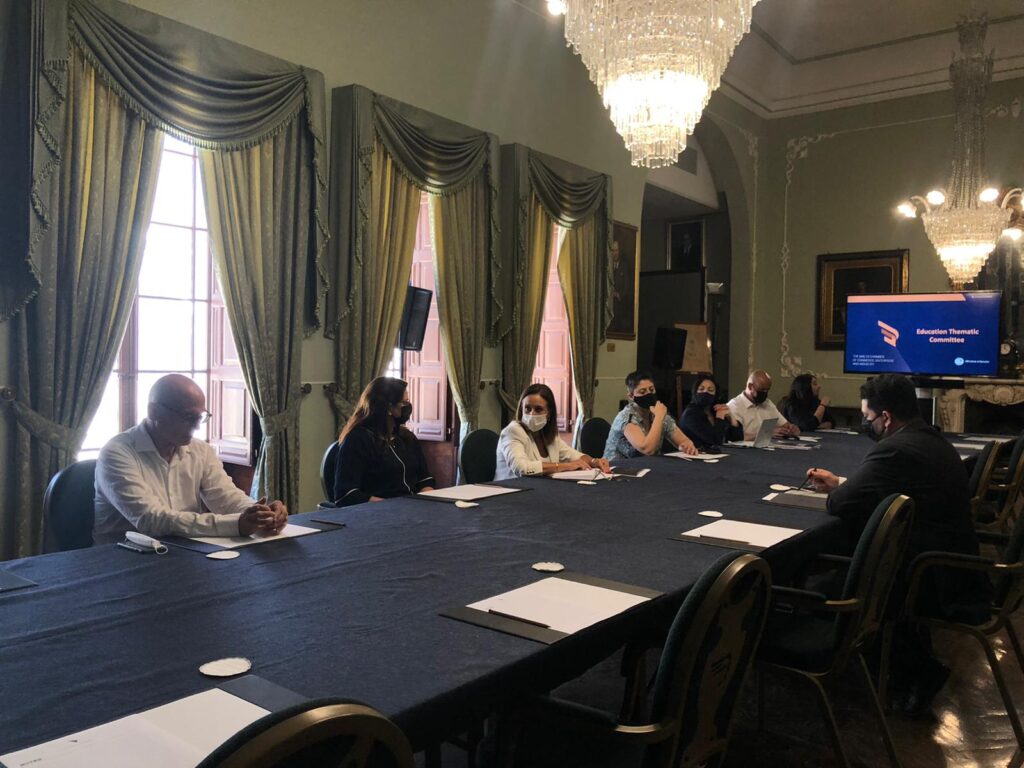The Malta Chamber urges the health authorities to rethink the existing quarantine measures which should be focused on a risk-based approach for fully vaccinated people.
As over 81% of the adult population in Malta is fully vaccinated against COVID-19 and a growing body of scientific evidence suggests that fully vaccinated people are less likely to carry asymptomatic infection or transmit the virus to others, the Malta Chamber of Commerce, Enterprise and Industry believes that it is totally unreasonable to put these people under a mandatory 14-day quarantine when they are secondary contacts of confirmed cases. Employers are ending up bearing the brunt of all this, especially where people cannot work from home.
The Malta Chamber is aware of entire households of fully vaccinated people which have been put into 14-day mandatory quarantine because one of their children who has already taken the first jab attends a summer school programme where a child has tested positive. This is most unreasonable.
“If we really believe that vaccines break the chain of contagion, we need to be pragmatic and shouldn’t be placing fully vaccinated secondary contacts in quarantine,” said Ms Marisa Xuereb, President of The Malta Chamber.
Furthermore, quarantine letters are being issued to all members of a household without specifying personal Identification. Clearly, no checks are being made on whether the members of that household are vaccinated or not.
The Malta Chamber is seriously concerned with this situation, which is greatly reducing the productive capacity of business operators. On the one hand employers are being asked to encourage their employees to get vaccinated when on the other hand the authorities are not treating fully vaccinated employees any differently from those who are still refusing to be vaccinated.
The Malta Chamber urges authorities not to take unreasonable decisions and knee-jerk reactions. According to the rolling 7-day average issued by the Health Authorities, the daily new hospital admissions for COVID-19 remains below 0.8% of the total active cases.

